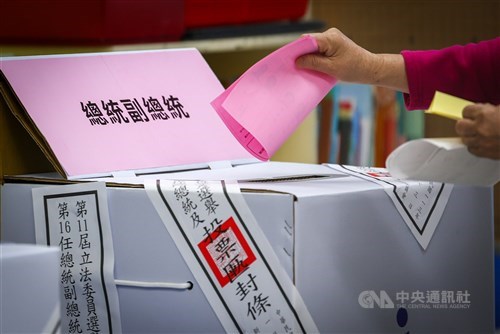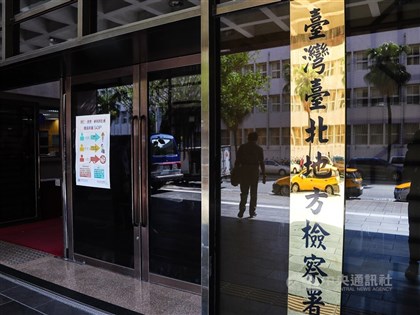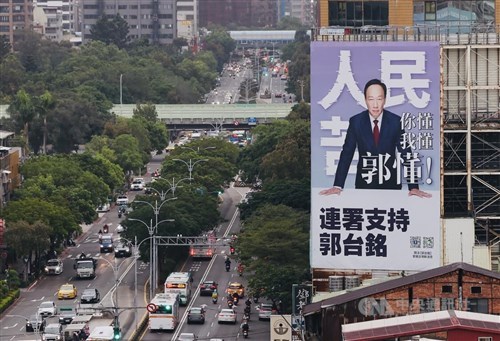ELECTION 2024 / 'Major reforms' needed for KMT to return to power: Ex-VP candidate
01/15/2024 09:10 PM
The Kuomintang (KMT) needs to undertake "major reforms" and clarify its messaging if it wants to win future elections, Jaw Shau-kong (趙少康), the vice presidential candidate on the KMT's ticket in Saturday's presidential election, said Monday.
(Full text of the story is now in CNA English news archive. To view the full story, you will need to be a subscribed member of the CNA archive. To subscribe, please read here.)
More in ELECTION 2024
-
![5 suspects, including association head, indicted for election law breach]() 5 suspects, including association head, indicted for election law breachThe head of a new immigrant association and four other people have been indicted for suspected violations of Taiwan's election law as well as the Anti-Infiltration Act, according to the Ciaotou District Prosecutors Office in Kaohsiung.03/07/2024 08:11 PM
5 suspects, including association head, indicted for election law breachThe head of a new immigrant association and four other people have been indicted for suspected violations of Taiwan's election law as well as the Anti-Infiltration Act, according to the Ciaotou District Prosecutors Office in Kaohsiung.03/07/2024 08:11 PM -
![Taipei prosecutors indict 7 in Terry Gou signature-buying case]() Taipei prosecutors indict 7 in Terry Gou signature-buying caseTaipei prosecutors on Tuesday indicted seven people for stealing ID numbers from e-commerce sites to help business tycoon Terry Gou's (郭台銘) presidential petition drive last year.03/05/2024 05:52 PM
Taipei prosecutors indict 7 in Terry Gou signature-buying caseTaipei prosecutors on Tuesday indicted seven people for stealing ID numbers from e-commerce sites to help business tycoon Terry Gou's (郭台銘) presidential petition drive last year.03/05/2024 05:52 PM -
![Pingtung Council speaker indicted in Terry Guo signature buying case]() Pingtung Council speaker indicted in Terry Guo signature buying casePingtung County Council Speaker Chou Tien-lun (周典論) has been indicted on suspicion of buying signatures for business tycoon Terry Gou's (郭台銘) presidential run, the Pingtung District Prosecutors Office said Wednesday.02/21/2024 09:14 PM
Pingtung Council speaker indicted in Terry Guo signature buying casePingtung County Council Speaker Chou Tien-lun (周典論) has been indicted on suspicion of buying signatures for business tycoon Terry Gou's (郭台銘) presidential run, the Pingtung District Prosecutors Office said Wednesday.02/21/2024 09:14 PM
Latest
-
Business
U.S. dollar closes lower on Taipei forex market
03/05/2026 04:54 PM -
Politics
KMT proposes NT$350 billion special budget to fund U.S. arms sales
03/05/2026 04:38 PM -
Sports
Taiwan facing uphill battle after 3-0 loss to Australia in WBC opener
03/05/2026 04:10 PM -
Society
Prosecutors again decline to indict McDonald's manager in rape case
03/05/2026 04:08 PM -
Culture
Turning research into art: Graphic novel on Chinese migrant women in Taiwan
03/05/2026 02:55 PM


